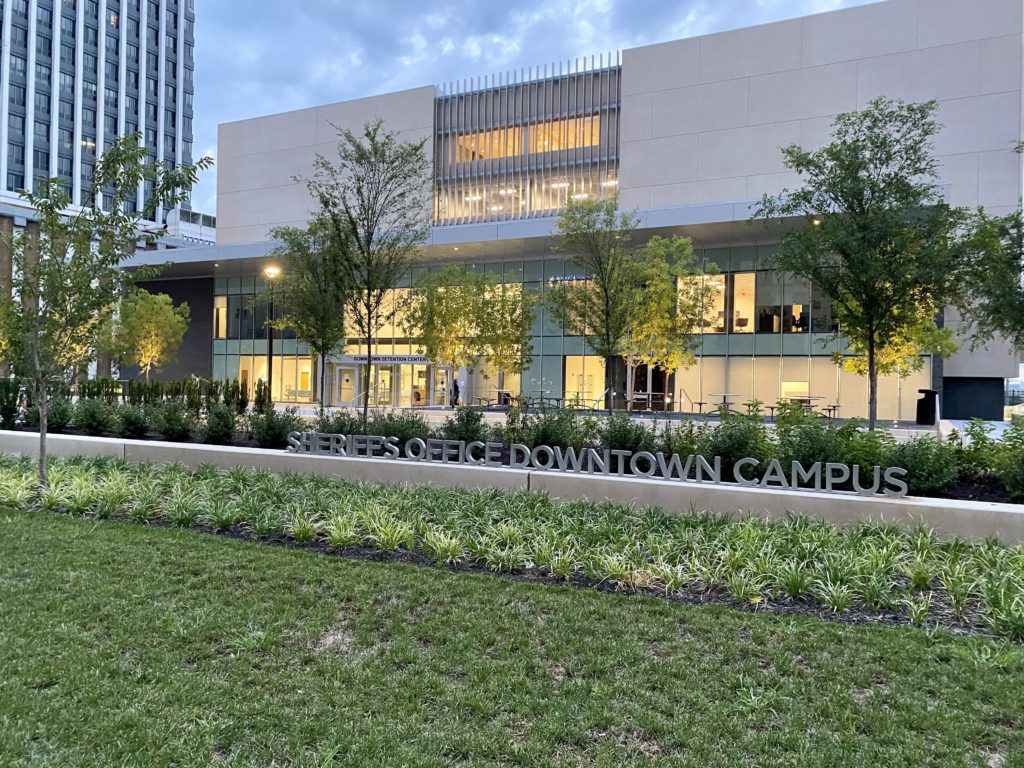
A new agreement will make it easier for the Nashville Community Bail Fund to get people out of jail.
Earlier this year, the nonprofit sued Davidson County’s criminal court clerk, with help from the ACLU. They argued a local rule related to bail payments violates people’s constitutional rights.
The bail fund and the court clerk reached an agreement Wednesday. Clerk Howard Gentry says he’s supported from bail fund from the beginning and that it was “an easy agreement to make.”
“It’s not an argument with a person. It’s an argument with a system,” he says. “The criminal justice system has flaws. And this is one of the flawed areas of the criminal justice system.”
Normally, when someone makes bail, they get their money back if they show up for all their court dates, and the dispute stems from a unique regulation in the Davidson County Criminal Court’s local rules for bail bonds, Rule 10. B. It stipulates that cash bond deposits “shall be returned subject to any fines, court costs or restitution.” That means, if someone has unpaid court costs, they’ll first be taken out of bail deposit.
In the bail fund’s case, it’s the one that pays bail for people who can’t afford it, and when its clients show up for court, it’s supposed to get its money back. The fund relies on those reimbursements to bail out future clients. But the court wanted to keep the money instead, to pay off people’s court debts.
For the bail fund, such a stipulation proved a nearly existential threat. Because the organization focuses specifically on helping low-income individuals who can’t afford even the smallest amount of bail, the fund’s organizers feared that many of their clients would also be unable to pay off their cost debts. And that would mean no reimbursements of the bails the nonprofit paid on their behalf.
This summer, manager Rahim Buford told WPLN News the organization had almost completely run out of money during the early months of the pandemic, when it was rushing to release as many people as possible from the tight confines of detention. Thousands of dollars in donations poured in over the summer, as protests against police brutality brought new attention to bail funds across the country.
However, for a nonprofit that is constantly paying to free people from jail, contributions are only a short-term solution. The revolving cashflow of steady reimbursements would provide the most stability in the long-term.
Buford said the fund is pleased with the decision.
“But our work is just getting started,” he said. “We will continue to fight until Nashvillians no longer permit a bail system that advantages the haves and punishes the have-nots.”
Samantha Max is a Report for America corps member.

